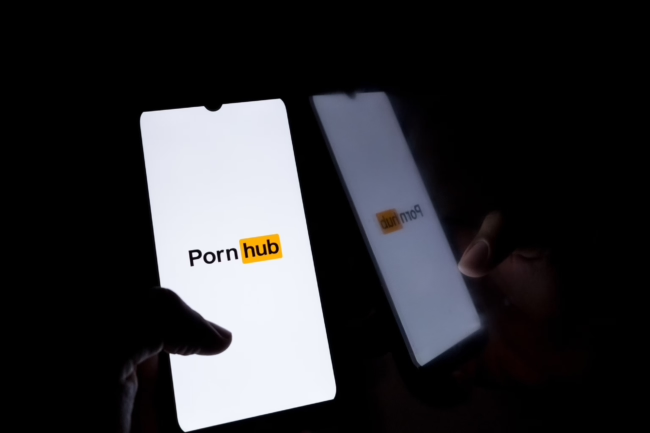The United States Supreme Court has commenced hearing arguments in a pivotal case challenging Texas’ 2023 law requiring adult websites to conduct electronic age verification for users.
The law, known as HB 1181, mandates that websites with over one-third of content deemed “harmful to minors” verify users are at least 18 years old or face civil penalties of up to $10,000 per day.
The legislation compels adult sites to verify users’ digital or government-issued IDs through “commercially reasonable” methods while prohibiting the retention of personal data. However, critics argue it lacks robust safeguards for data security and privacy.
Pornhub, one of the world’s largest adult content platforms, has ceased operations in Texas rather than comply. Industry representatives claim the law violates the First Amendment and unfairly singles out adult websites, exempting platforms like search engines and social media.
The case, Free Speech Coalition v. Paxton, balances states’ efforts to protect minors online against constitutional free speech rights that have historically shielded sexual material. The Texas law is part of a broader trend, with 19 states implementing similar regulations, according to the Age Verification Providers Association (AVPA).
ALSO READ: Ghana’s Supreme Court upholds law restricting LGBTQ rights
Texas maintains that verifying age online is no more intrusive than checking ID for alcohol purchases. “Because no one disputes that Texas can prevent kids from accessing hardcore pornography, this case is about means, not ends,” the state asserted in court filings.
Opponents contend the law infringes on adults’ rights and raises concerns about privacy risks. “The government cannot make it illegal to publish certain sexual content online without verifying the age of users first, and yet that’s exactly what states are now doing,” said Vera Eidelman, an attorney with the American Civil Liberties Union.
The Supreme Court has previously invalidated similar laws. In Ashcroft v. ACLU (2004), it struck down a federal requirement for age verification, placing the responsibility on parents and tech companies to use filtering tools. Critics argue those tools have proven inadequate, while proponents of HB 1181 claim modern verification technology addresses past limitations.
“It’s possible to prove your age entirely on your own cell phone, so no personal data need ever leave the palm of your hand,” said Iain Corby, AVPA’s executive director, highlighting advances in secure and efficient verification methods.
Public health experts and studies cite potential harm to minors from exposure to explicit content, reinforcing the urgency of protective measures. Yet civil liberties groups warn of broader implications, including restrictions on access to sexual health resources and the erosion of online anonymity.
The Court’s decision, expected by June, will determine whether Texas’ age verification law stands or falls.
ALSO READ TOP STORIES FROM NIGERIAN TRIBUNE
WATCH TOP VIDEOS FROM NIGERIAN TRIBUNE TV
- Let’s Talk About SELF-AWARENESS
- Is Your Confidence Mistaken for Pride? Let’s talk about it
- Is Etiquette About Perfection…Or Just Not Being Rude?
- Top Psychologist Reveal 3 Signs You’re Struggling With Imposter Syndrome
- Do You Pick Up Work-Related Calls at Midnight or Never? Let’s Talk About Boundaries






